Black Mountain’s beloved Robo Oil Tree was downed by a tornado in May. But thanks to the efforts of some local tree enthusiasts, its legacy will live on in the town.
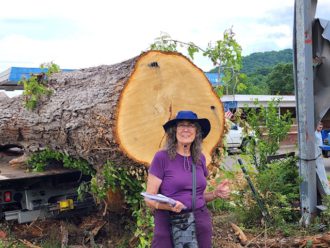

Black Mountain’s beloved Robo Oil Tree was downed by a tornado in May. But thanks to the efforts of some local tree enthusiasts, its legacy will live on in the town.
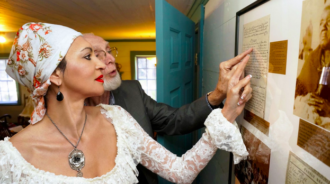
Woman of color inducted into Daughters of the American Revolution, Brew and View back on the market, Frozen live on stage, new book about labyrinths and more!

“Violence spins in vicious cycles, and if you want to fully understand why these events in Morganton occurred, then you have to examine root causes that predate 1927,” says author and historian Kevin W. Young.
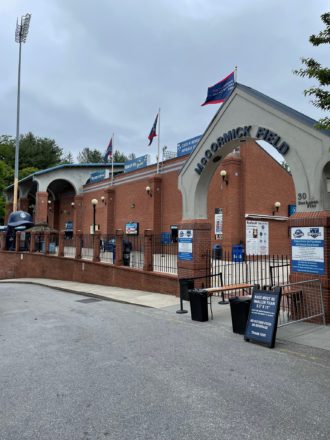
Asheville’s McCormick Field officially opened 100 years ago this week. To commemorate the anniversary, Xpress takes a look back at 10 of the more memorable moments in the history of the venerable ballpark: Everything from Franklin Roosevelt and NASCAR races to Kevin Costner, Cal Ripken, Jr. and Nelly.
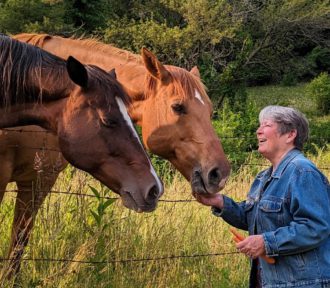
“In fact, much of the ire now being aimed at the TDA — and tourism in general — merely echoes concerns about the tourism of a century ago, and the mismanagement and negligence of city government back then.”
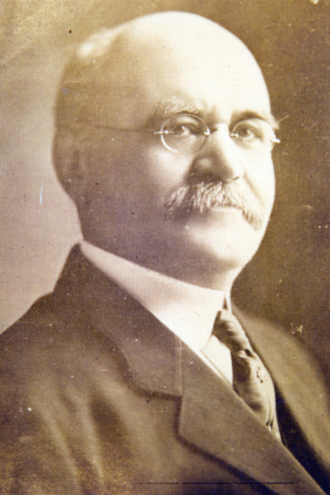
Health issues may have led E.W. Grove to Asheville, but the entrepreneur had no interest in perpetuating the city’s reputation as a landing spot for those seeking medical relief.
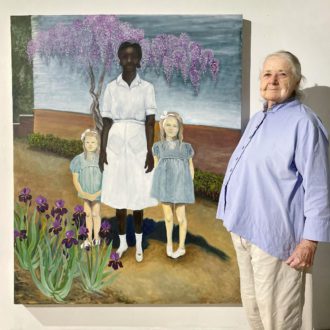
“Asheville lost one of its greatest when Connie Bostic died last month. Connie was a creator, and Asheville was her beneficiary.”
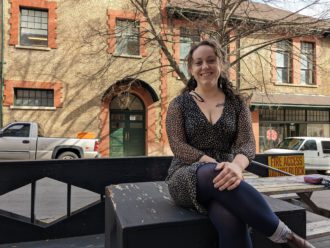
Local historian and archivist Katherine Cutshall discusses the parallels between Thomas Wolfe’s 1923 play, Welcome to Our City, and modern-day Asheville.
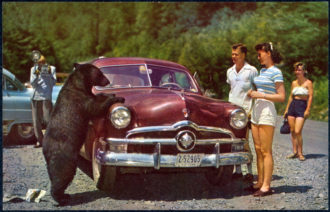
The Xpress staff offers 100% accurate interpretations of archival local photos.
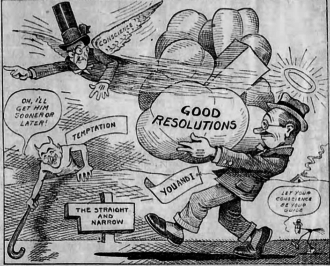
Topics featured in Billy Borne’s 1924 collection include concerns about tourism, that year’s presidential campaign and election (which involved the emergence of Robert M. La Follette as a third-party candidate), lack of funding for local education and police, anxieties over real estate and the pressures on everyday citizens due to the high cost of living.
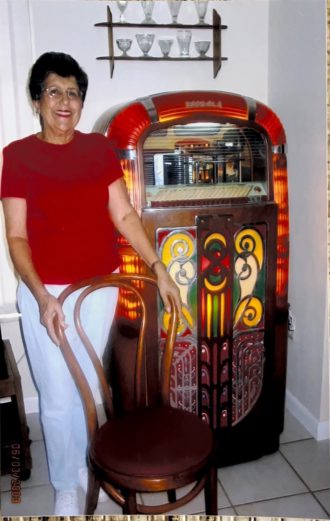
For two years, Stuart Smolkin, curator of the Asheville Radio Museum, has been restoring a 1946 Rock-ola 1422 jukebox. Now the machine is on display inside A-B Tech’s Elm building.

Project founder Jared Wheatley and Asheville entrepreneurs discuss the “You Are On Cherokee Land” sign initiative.
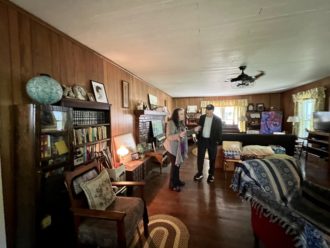
“What I’m doing is preserving this important piece of Western North Carolina regional history,” says Whitney Ponder, who purchased a property previously owned by Bascom Lamar Lunsford. “This man did so much for traditional Appalachian music here and throughout the whole region.”

“Both collaborations with the Vance Birthplace and the Mountain History and Culture Group have been the purest representations of the work we want to do, existing in the intersection of art and activism,” says Aaron Snook, co-founder and curator of America Myth Center
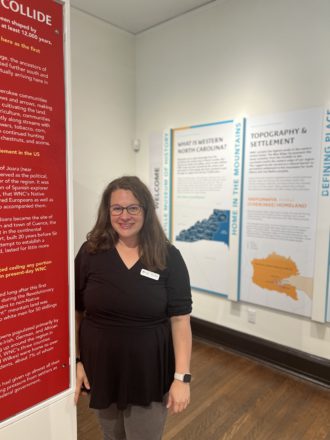
“We are a space people can contemplate how our history affects our lives today,” says Anne Chesky, executive director of the Asheville Museum of History.
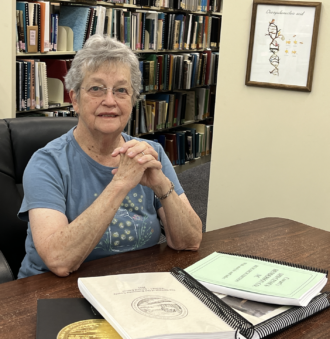
“Our research materials are not limited to Buncombe County or Western North Carolina,” says Stella Taylor, the public relations chair at the Old Buncombe County Genealogical Society. “Our collection covers the areas from which settlers came to our state and areas to which some families moved.”
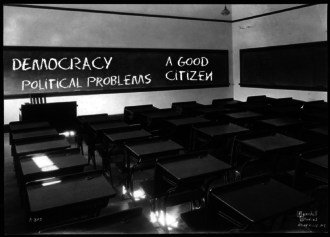
“Except as impelled by the rising temperature of a political campaign, how small is the minority that gives regular and serious study to the public business!” lamented The Asheville Citizen in a Jan. 22, 1923 editorial.
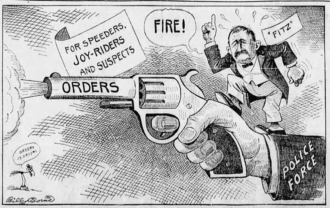
On February 1, 1923, a car pulled onto Valley Street in downtown Asheville. Soon thereafter, shots were fired.
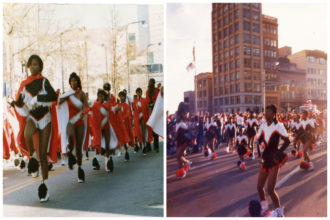
The marching band and dance team had over 10,000 kids participate, 1977-2019, including a few who’ve started their own performance groups.
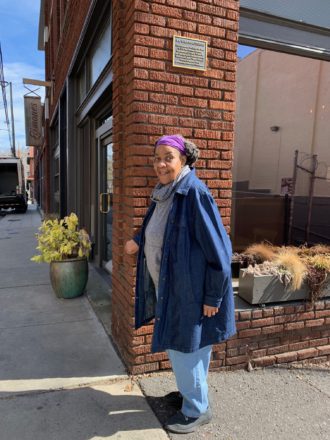
To commemorate Black History Month, Xpress asked longtime Asheville residents to share their memories of the three historic African American sites.
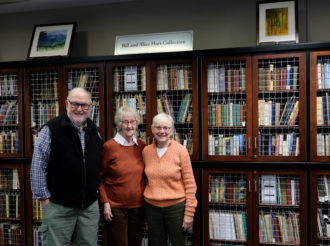
The expansive personal library has deepened the Harts’ connection to Western North Carolina, and will now do the same for scholars and the general public.